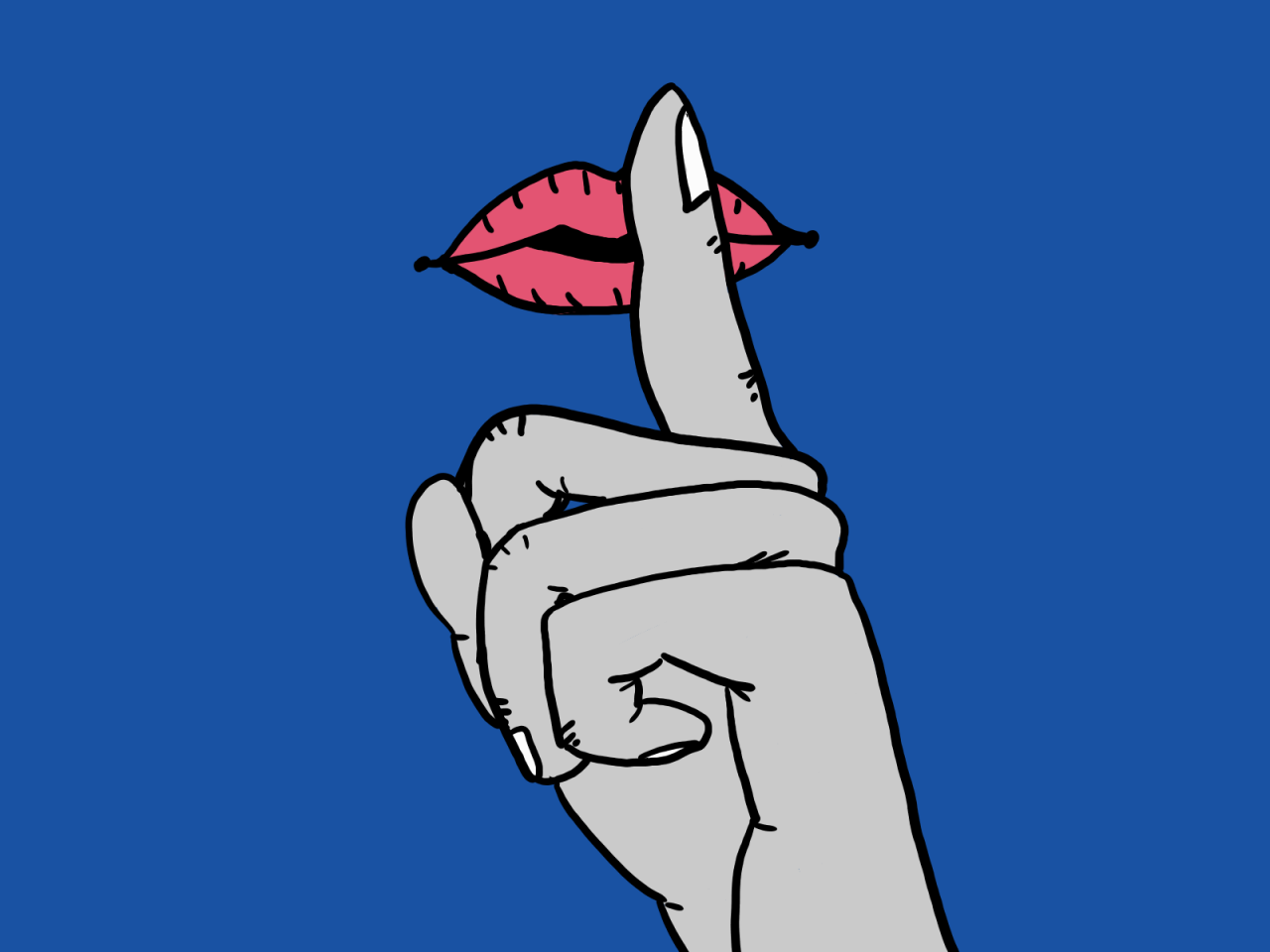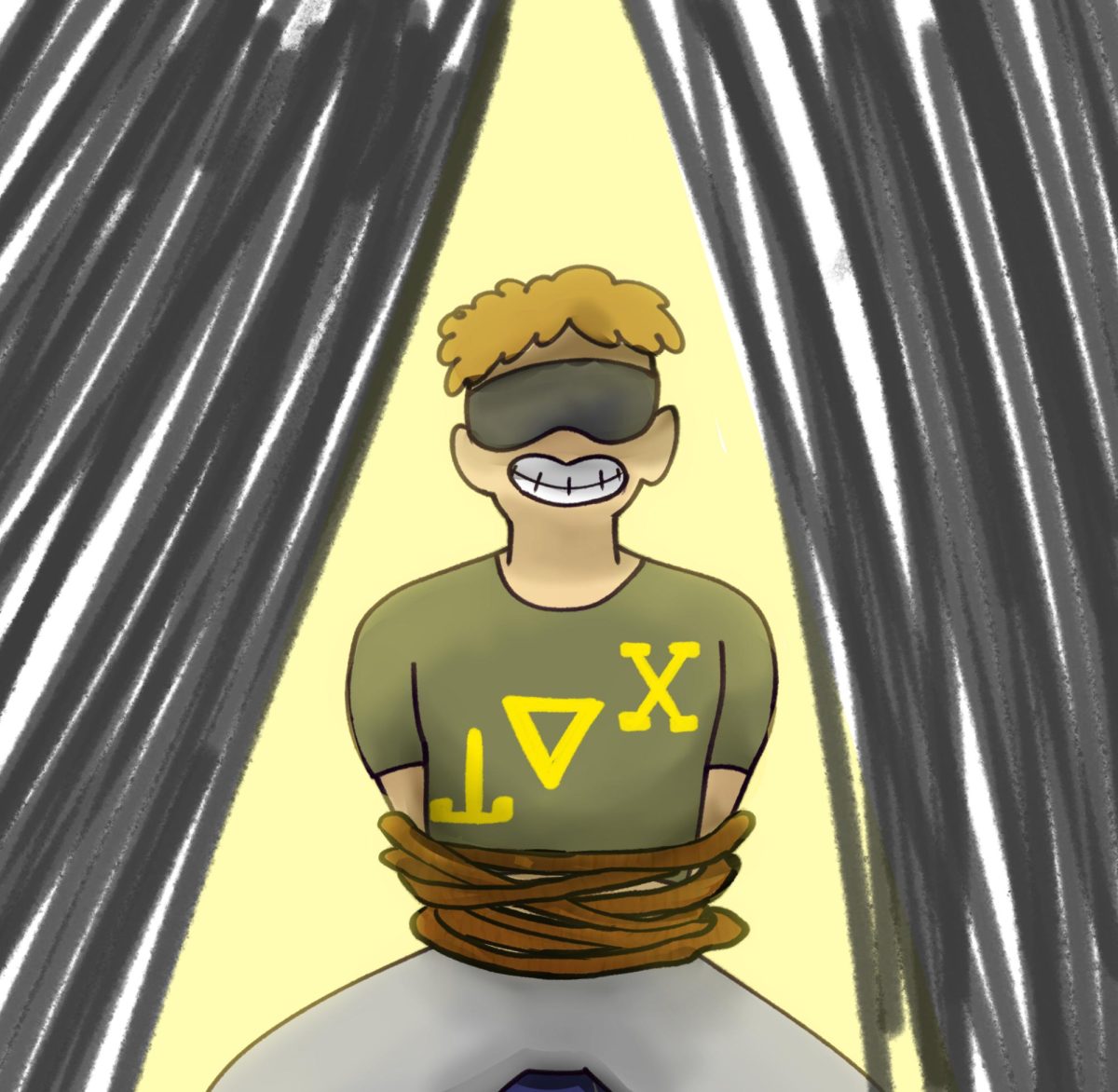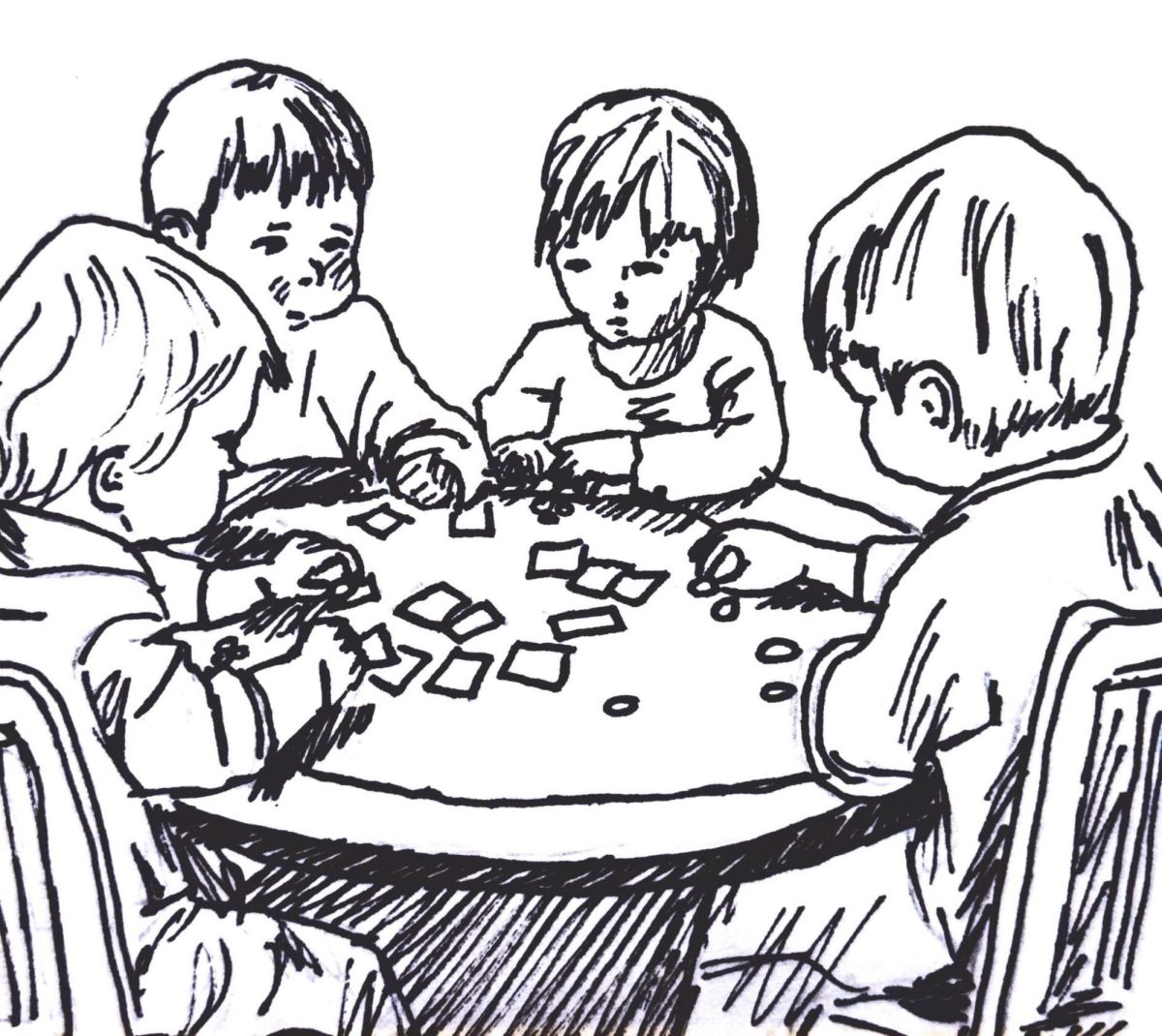Illustration by Gracen Hoyle
On April 11, Julian Assange was taken into custody outside of the Ecuadorian Embassy in London, ending his seven-year isolation there. He was arrested by British authorities, and the United States has filed an extradition warrant. He faces charges of conspiring to hack government computers. This is a politically-motivated arrest due to his exposure of American atrocities and crimes. His arrest is an affront to liberty and indicative of the reach and power of the deep state.
The concept of secrecy for “national security” has been used by authoritarians and despots to justify violations of civil rights and liberties for millennia. Julian Assange is guilty of the crime of exposing the unconstitutional dealings of the United States’ government. Assange exposed videos of U.S. Apache attack helicopters killing unarmed civilians, including two Reuters journalists. The U.S. military denied culpability. WikiLeaks revealed that the U.S. military would regularly hand over detainees to the Iraqi military, knowing they would be tortured. Wikileaks revealed that the State Department asked diplomats to spy on United Nations officials, including the Secretary-General. The U.S. knew that ex-president of Afghanistan Hamid Karzai regularly released drug dealers with political connections. These are some of the milder things that Wikileaks revealed to the public. You can see the raw leaks at WikiLeaks.org. Assange has been condemned as a terrorist by public officials because he threatens their job security by exposing abuses and atrocities that are unpalatable to the public.
The arrest of Assange has widespread implications. Ben Wizner of the American Civil Liberties Union said that any prosecution by the United States of Mr. Assange for WikiLeaks’ publishing operations would be unprecedented, unconstitutional and would open the door to criminal investigations of other news organizations. People can be arrested because they expose the tyrannical actions of the U.S. government. Actions that have not been approved by the public. Actions that, if done to Americans, would lead to massive public outcry. Actions that are repugnant and antithetical to our concept of inalienable rights and liberties. We have to seriously consider the powers we give to the government if they are allowed to conduct themselves in such a secretive and criminal way.
Is Assange a flawless hero? Absolutely not. Credible arguments can be made about his associations with Russian political figures. Assange has a noticeable tendency to target the United States, not revealing actions of interest that have been committed by other states. Does this disqualify his potency as a journalist and advocate for First Amendment rights? Absolutely not.
We live in a republic. The fact that the government believes that they can hide information from its citizens is an affront to liberty. Can we trust the unelected figures of our agencies to tell the truth? No. National Security Agency (NSA) Director Keith Alexander has repeatedly lied under oath to Congress about the nature of the NSA bulk collection of metadata. Our intelligence agencies show a blatant disregard for our Constitution, our shared values and our history. Assange has his flaws, but at least he is willing to provide information so that the people can make decisions for themselves. Can we call ourselves a free state if secretive atrocities performed under our flag and our name are hidden from our elected representatives? I think not.
After this arrest, we must ask ourselves whether we are comfortable with the United States prosecuting journalists for publishing credible, detailed information about atrocities that they have committed. Are we comfortable as a society with the fact that our government is abroad killing tens of thousands without the knowledge of the public? I am not. Julian Assange is a controversial figure and one not without flaws. His arrest raises significant First Amendment concerns, concerns that are seemingly overlooked by many who condemn him as a terrorist just because he raises the possibility that the public does not exercise the amount of control over our government that we perceive. Can we, as citizens of a republic that claims to profess freedom, tolerate these actions? Are we not just as complicit if we fail to call out injustice when we see it? I believe so. That is why those who commit acts of murder, terrorism and worse work so desperately to frame the truth as a lie and to cover for their misdeeds.







al • Apr 25, 2019 at 2:00 pm
The “rape” charge was actually for consensual sex without a condom wasnt it?
Gabriel Odom • Apr 26, 2019 at 3:01 pm
Yes. And charges against him have been repeatedly dropped.
Thomas DeGolier • Apr 24, 2019 at 11:08 pm
Fascinating argument, however the fact Assange faces credible rape allegations makes the characterization of him as a hero without addressing this is specious at best.
Thomas DeGolier • Apr 24, 2019 at 11:10 pm
Sorry for the typos. The argument is specious without addressing allegations of rape and assault against assange.
H Munster • Nov 22, 2019 at 2:07 am
The rape charges have been dropped. It was all a smear campaign against Assange.